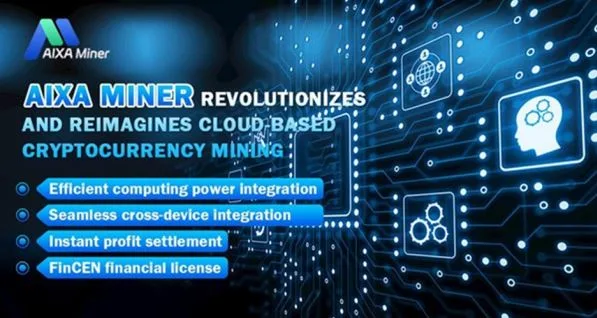MTD 2025 : The Digital Revolution You Can’t Afford to Ignore
The UK tax system is undergoing one of the biggest revolutions in decades. Taxpayers have been accustomed for years to filing returns annually and keeping records in a mix of paper, spreadsheets, and receipts in drawers. But a digital revolution is now underway that is transforming the way individuals and businesses manage their tax affairs. This change driven by innovation is not only a matter of compliance but also one of efficiency, accuracy, and a future-proof tax administration.
Making digital reporting mandatory may appear intimidating to many. However, being aware of what the change offers and preparing in advance can turn a cumbersome exercise into an opportunity. Making tax digital software for landlords not only streamline tax processes but also allow taxpayers to gain deeper insights into their finances.
What is Changing and Why?
The transition to digital tax administration is not immediate but has been phased in. The aim is to have businesses and individuals keep records digitally and update HMRC directly using appropriate software. This approach reduces errors, avoids delays, and provides a better indication of income and spending throughout the year.
For the government, the benefits are clear: fewer mistakes mean fewer gaps in tax collection. For taxpayers, it means better organisation, quicker access to money details, and less stress at deadline time. By shifting to real-time updates instead of one big yearly job, tax management is made easier and less likely to end in eleventh-hour mistakes.
The Impact on Small Businesses and Landlords
Small businesses and landlords are among those most directly affected by this shift. Traditionally, many have only engaged accountants at year-end to sort out their paperwork. With quarterly digital updates, this will need to change. The requirement will be that records are kept digitally throughout the year, so business owners and landlords will have to engage with software on a more regular basis.
While this may seem like yet another burden, the reality is more positive. With well-maintained, up-to-date records, landlords can see their rental income, expenditure, and tax liability at a glance. Similarly, small business owners can track profits in real time, enabling better-informed decision-making when it comes to investment and expansion.
Choosing the Right Digital Tools
MTD Software is at the heart of this change. Not all systems are created equal, so it’s vital to choose the right one. Leading systems allow seamless connectivity with HMRC, simple expense and income entry, and simple bank account integration. Some even provide visual dashboards that allow financial health to be easily grasped.
For those businesses that are already utilising accountants, the change does not mean losing that professional rapport. Instead, it makes collaboration more streamlined. Accountants are able to immediately view updated digital records, offering proactive advice rather than reactive remedies.
Preparing for the Transition
The earlier that taxpayers prepare, the smoother the transition will be. Implementing digital record-keeping now, even in advance of compulsory obligations, gives individuals time to adapt and
to identify a system that works for them. Having staff trained or yourself accustomed to software means that deadlines approaching do not see the process as unnatural but second nature.
Equally important is the attitude adjustment. Instead of looking at this as one more headache, recognising that it’s a path to efficiency and financial transparency makes the learning curve a whole lot less daunting. Taxpayers who climb aboard electronic record-keeping earlier rather than later find that they save time, avoid penalties, and gain confidence in their financial record-keeping.
Wrapping Up the Digital Evolution
The changes coming are more than just a policy change, they are a cultural change to integrate tax in the UK. Gone will be the paper receipts and midnight rushes, replaced by real-time monitoring and hassle-free digital systems. Although change is necessary, the long-term gains greatly exceed the short-term difficulties.
By embracing this new way of tax, landlords, businesses, and individuals can similarly unlock more streamlined processes, reduce errors, and focus more on growth and financial health than administrative frustrations. In short, this is not a change to fear but a step in line with a more modern, interconnected economy.





